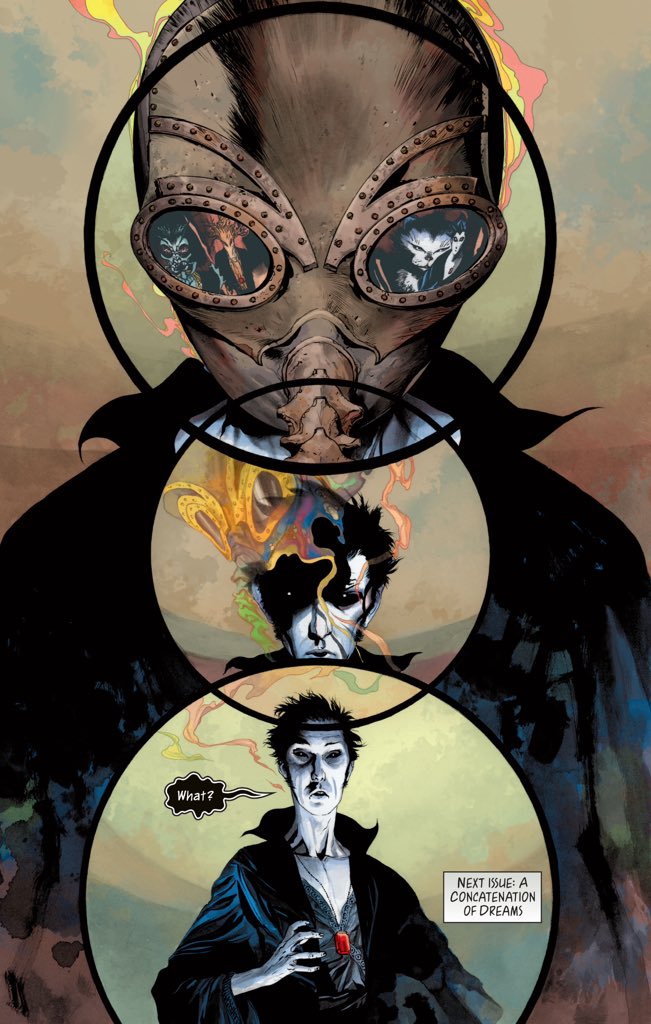you should be up to your elbows in graphs every day
it's like you're running experiments in a lab but only checking the results when an alarm sounds
....
otherwise it's pretty fucking hard.
chaos engineering.
testing in production.
lineage-driven fault injection.
putting software engineers on call.
... and so much more.
Observability-Driven Development is a liberating practice.








